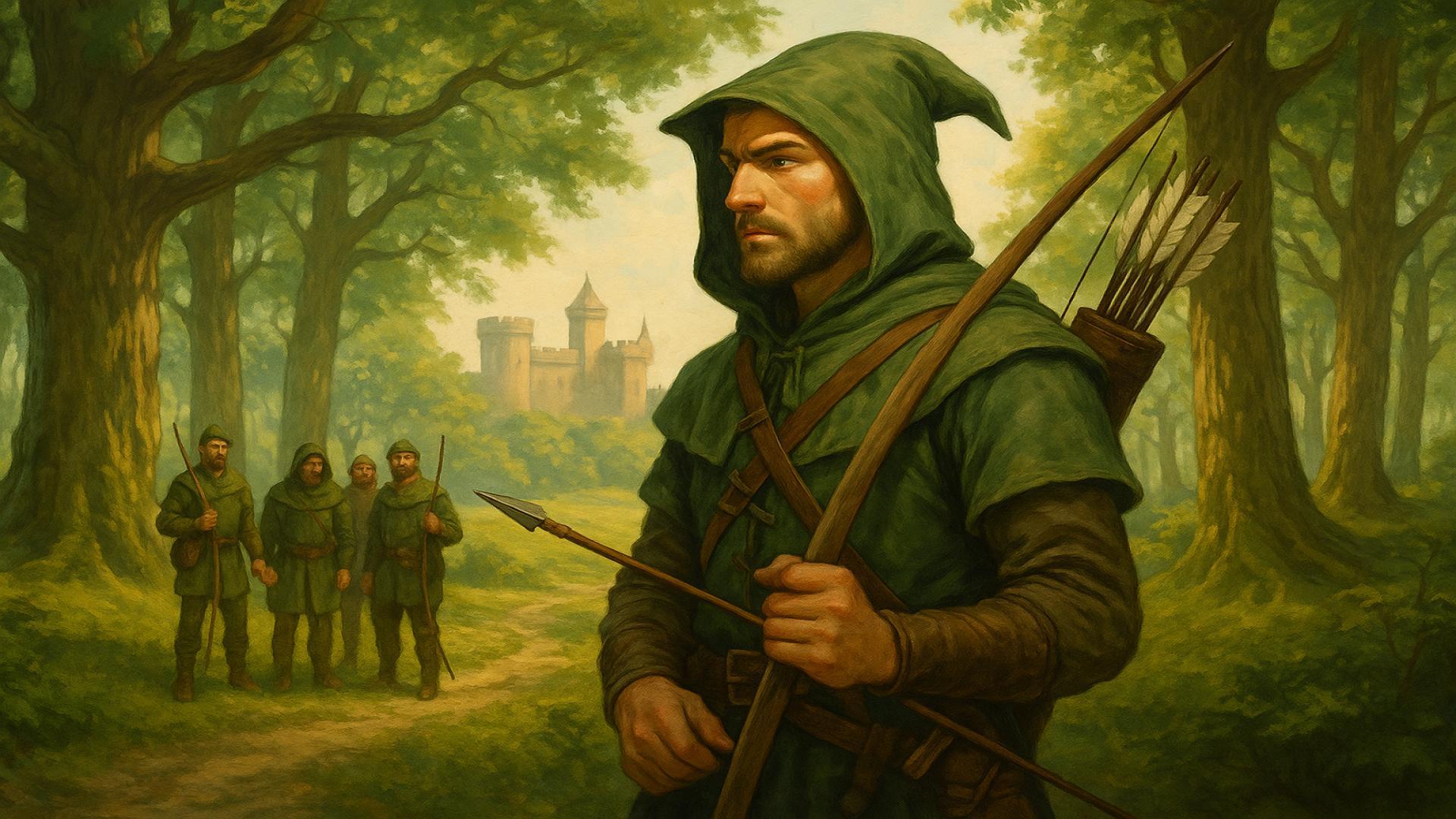12. Robin Hood and Royal Pardons

Historical records reveal that medieval outlaws, much like the legendary Robin Hood, were occasionally granted royal pardons in exchange for military service. For instance, the notorious Folville gang, active in the 14th century, engaged in various criminal activities, including robbery and murder. In 1332, they kidnapped Sir Richard de Willoughby, a Chief Justice, demanding a ransom of 1,200 marks. Following this act, the gang was pardoned by King Edward III, provided they served in his military campaigns. Eustace Folville, a prominent member, was even knighted for his services. Similarly, the Coterel gang, another infamous group from the same period, was involved in various criminal activities. In 1332, they kidnapped Sir Richard de Willoughby, a Chief Justice, demanding a ransom of 1,200 marks. Following this act, the gang was pardoned by King Edward III, provided they served in his military campaigns. Eustace Folville, a prominent member, was even knighted for his services. These instances illustrate a pragmatic approach by medieval English monarchs, who utilized pardons as a means to bolster their military forces, integrating former outlaws into their armies in exchange for clemency (historytoday.com).



